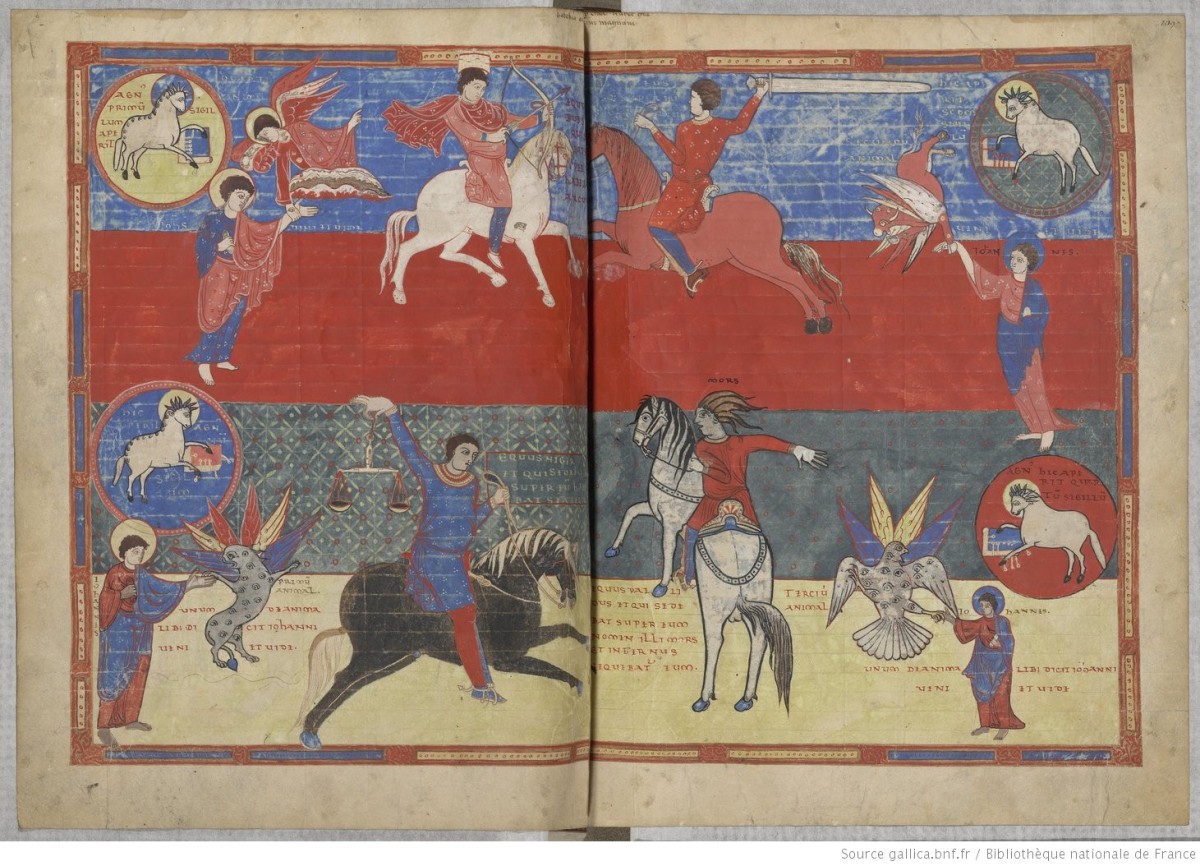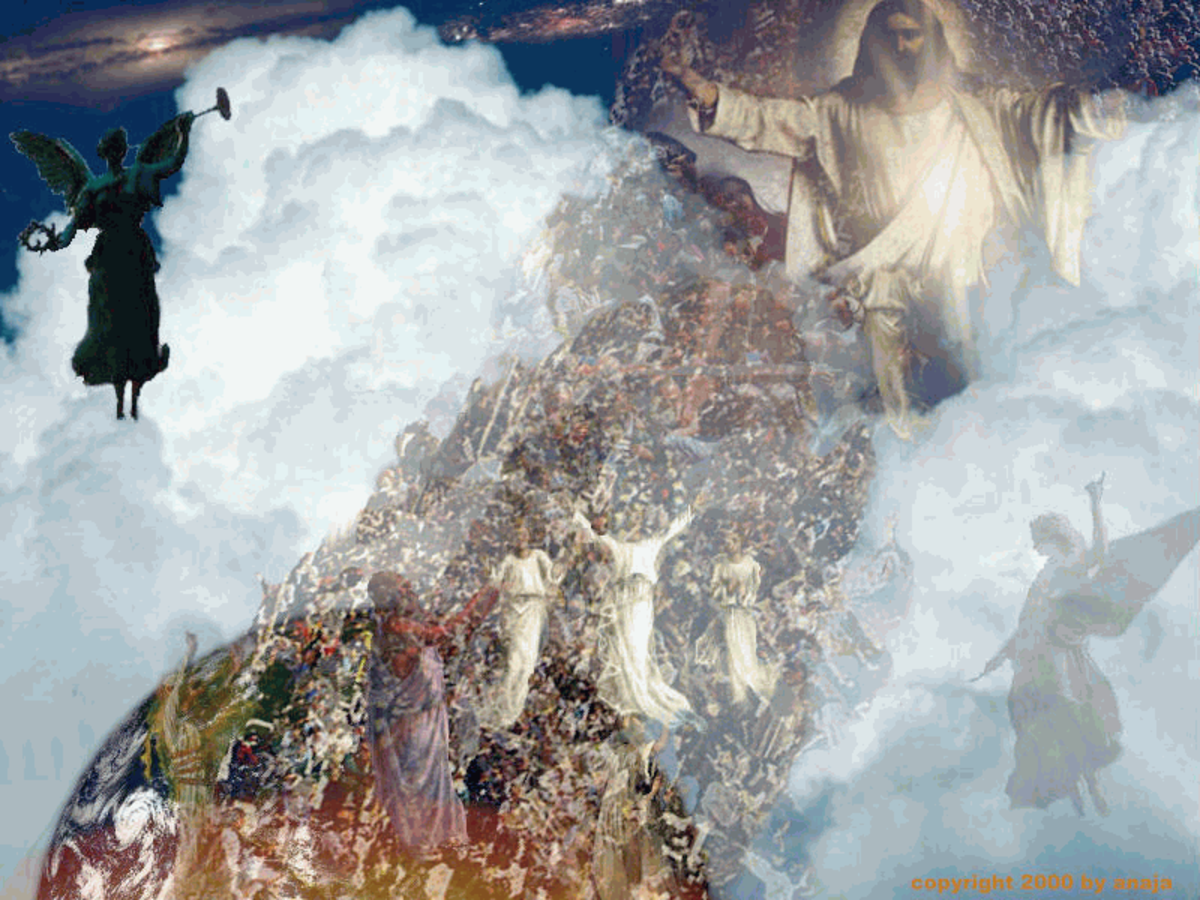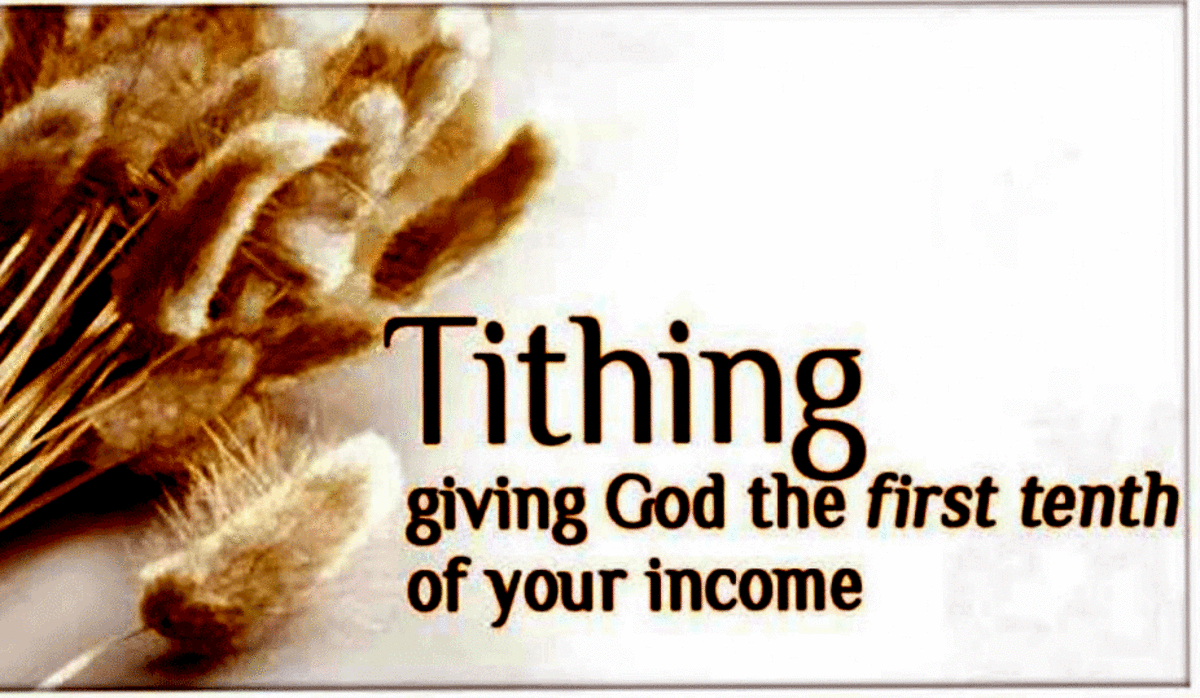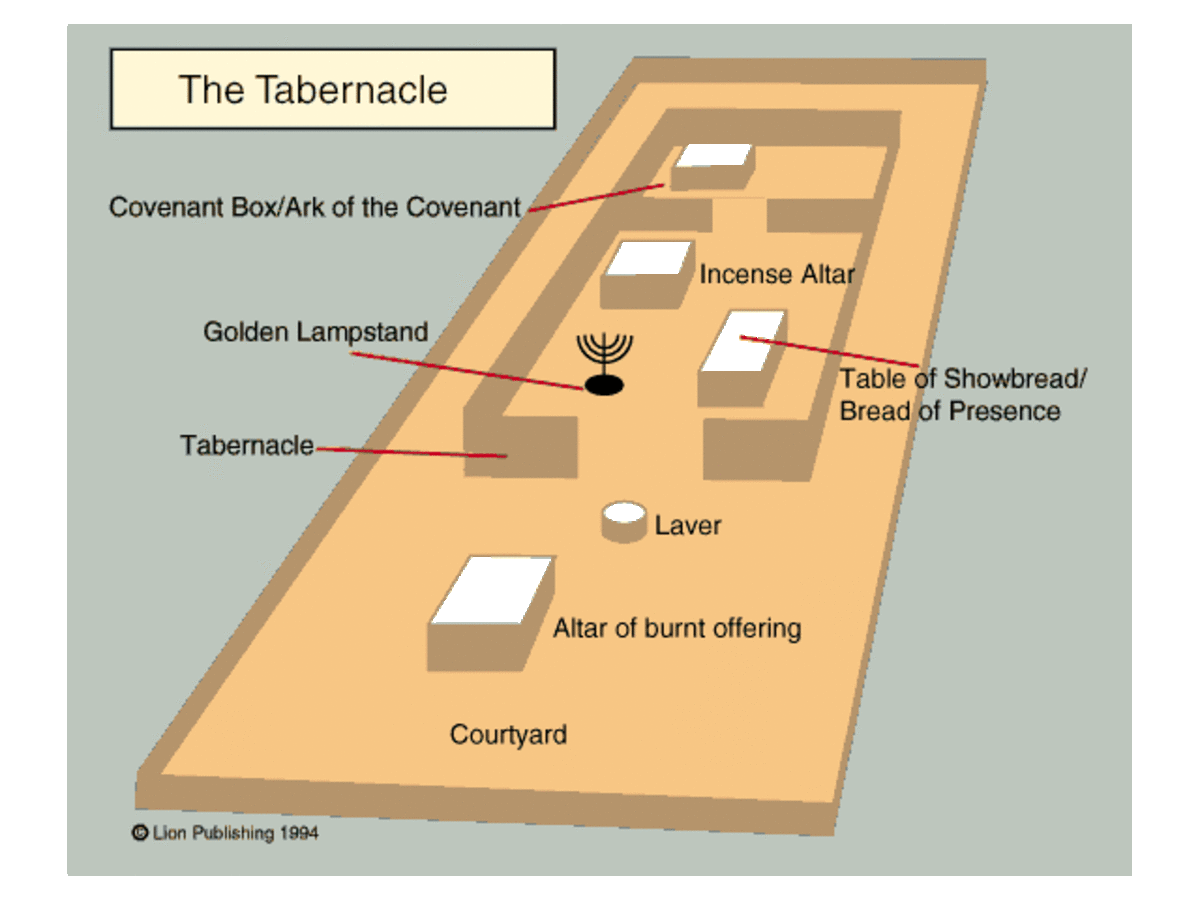Enjoying Christ as the Feast of Tabernacles

Enjoying and Experiencing Christ
What is the ultimate goal of God?
Leviticus 23 shows us how to experience Jesus Christ today to fulfill His eternal purpose. Seven Feasts are described, each displaying Christ experienced and enjoyed. He is the Passover (Christ Crucified for our salvation), Unleavened Bread (the Resurrected Christ for our sanctification), First Fruits (the Ascended Christ for God’s enjoyment), Pentecost (the Outpoured Christ for His propagation), Feast of Trumpets (Christ returning as our hope), and the Day of Atonement (Christ at His Judgement Seat). Now we will see how to experience Christ as the final feast, the Feast of Tabernacles.
The Feast of Tabernacles
33 Again the Lord spoke to Moses, saying, 34 “Speak to the sons of Israel, saying, ‘On the fifteenth of this seventh month is the Feast of Tabernacles for seven days to the Lord. (Leviticus 23)
God’s goal, revealed in His Word from Genesis to Revelation, is to work Himself into man, so that we would become His corporate dwelling place, His real Tabernacle (Eph 2:18-22). God lives in heaven now. But His goal is to live in us (Acts 7:49; John 14:1-2, 16-20; John 15), and be expressed through us (Heb 8:10; 1 Tim 3:15; Eph 3:17-18; Gal 2:20). The Seven Feasts in Leviticus 23 show God, in Christ, going through a process to become not just our Savior and our Lord, but our indwelling Life and Person. His goal is to live in us and through us, so we would express His multifarious virtues to the entire universe (Eph 3:10; 1 Pet 4:10; Gal 5:22-23). In this intimate salvation, we know Him, and He knows us in the most loving and personal way (Philip 3:7-11). We become His living Body (Eph 1:23), His loving bride (2 Cor 11:12), His temple (1 Cor 3:16) and the many sons of our Father God (Rom 8:14-17;1 John 3:2). Glorious!
The Reality of the New Jerusalem
39 ‘On exactly the fifteenth day of the seventh month, when you have gathered in the crops of the land, you shall celebrate the feast of the Lord for seven days, with a rest on the first day and a rest on the eighth day. 40 Now on the first day you shall take for yourselves the foliage of beautiful trees, palm branches and boughs of leafy trees and willows of the brook, and you shall rejoice before the Lord your God for seven days. 41 You shall thus celebrate it as a feast to the Lord for seven days in the year. It shall be a perpetual statute throughout your generations; you shall celebrate it in the seventh month. 42 You shall live in booths for seven days; all the native-born in Israel shall live in booths, 43 so that your generations may know that I had the sons of Israel live in booths when I brought them out from the land of Egypt. I am the Lord your God.’” (Lev 23)
This is the ultimate feast, the culmination of all the Lord’s work throughout the ages. It is a time of rejoicing and partaking. To the Jews, they partook of physical food, but for us today, we partake of the riches of Christ as the Spirit, who is our real feast (Philip 4:4). The Feast of Tabernacles is also seen in the New Jerusalem, which is the Tabernacle of God:
"I saw the holy city, new Jerusalem, coming down out of heaven from God, made ready as a bride adorned for her husband. 3 And I heard a loud voice from the throne, saying, “Behold, the tabernacle of God is among men, and He will dwell among them, and they shall be His people, and God Himself will be among them. " (Rev 21:2-3)
The New Jerusalem is not a physical place, but it is a symbol representing God living in us, and we living in God. The New Jerusalem is called the Bride, which means it is composed of all those who love Jesus, and have been transformed into His loving counterpart (Rom 8:28-30). It is a city composed of gold and precious stones (Rev 21:10-14, 18-21), symbolizing that we have been transformed into the image of God through the indwelling work of the Spirit (1 Cor 3:12; 1 Pet 1:7; 2:4-5). The New Jerusalem shines forth the glory of God (Rev 21:23). The New Jerusalem exists on the New Earth (Rev 21:1-2), which means our destiny is not heaven, but earth. Even today, God’s goal is NOT to take us to heaven, but to inhabit the earth through us, and transform the earth into His Kingdom (Matt 6:10; Rev 11:15). On this New Earth, there are people besides the transformed believers of Christ. They are called the nations:
22 I saw no temple in it, for the Lord God the Almighty and the Lamb are its temple. 23 And the city has no need of the sun or of the moon to shine on it, for the glory of God has illumined it, and its lamp is the Lamb. 24 The nations will walk by its light, and the kings of the earth will bring their glory into it. (Rev 21)
The idea that the future earth will be inhabited by the transformed sons of God, who together constitute the New Jerusalem, as well as another group of people called the nations, is rarely if ever taught among churches, but it is the clear teaching of Scriptures.
Experience Him Today
What about today? We can partake of this Feast of Tabernacles every day as we allow Jesus to dwell in us and transform us. We are the current tabernacle of God, both individually and corporately. We should desire Him to live in us today, as we work and raise our family, and desire an assembly life, a church life, that is all the elements of the New Jerusalem. We should today be the bride of Christ, loving Him above all else. We should be the house of God, where God can be at rest, and move and manifest Himself through us. We should be a city set on a hill, giving light to all. We can be the many sons of God, expressing the life and nature of our Father God. All of these precious experiences are just a foretaste of the ultimate expression of the Feast of Tabernacles in the future. Enjoy Him today!
“Rejoice always; pray without ceasing; in everything give thanks; for this is God’s will for you in Christ Jesus.” ( 1 Thess. 5:16-18)
Previous Article: Christ as the Day of Atonement
- Christ as the Day of Atonement
Christ's Second Coming will be either a reward or a loss to believers. The reality of the Day of Atonement reveals how Christians cannot lose their salvation, but can lose their reward of the Kingdom. Loving Him, being filled with Him, and ministerin








